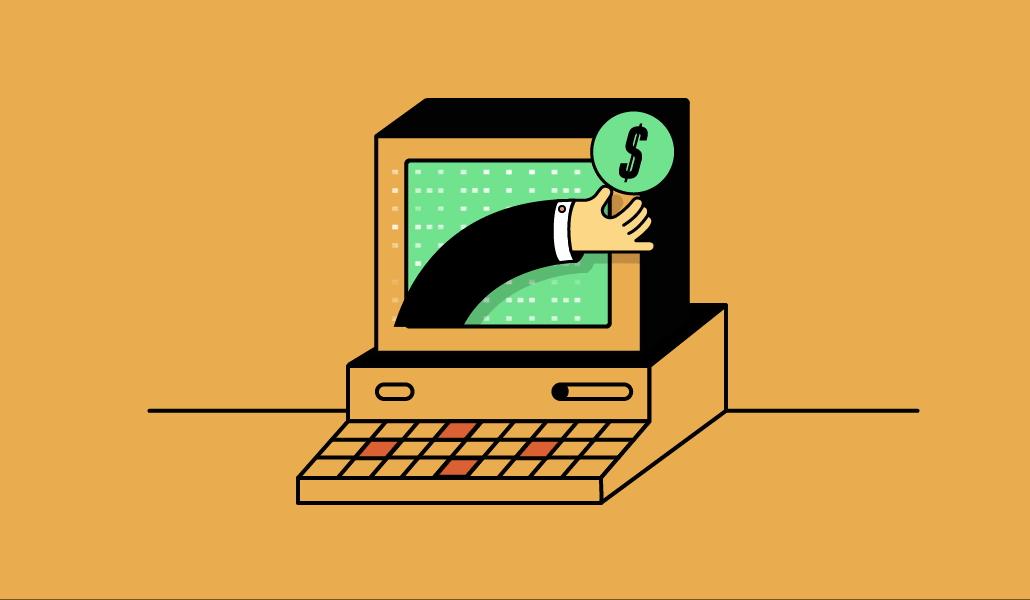Electronics maker LG Electronics on Wednesday announced new features related to targeted advertising on its smart TVs, but the announcement immediately sparked public outcry in the community. LG has indeed presented a new offer to advertisers that promises to reach its millions of connected devices in homes, by "bombarding" viewers with targeted advertisements. The company would like to offer advertisers the ability to link TV ads to in-store purchases or allow them to access viewer demographics. While ads shown on smart TVs are nothing new, LG's latest announcement confirms everything that seems to be wrong with these devices. The new "Guaranteed Outcomes" program from LG Ad Solutions - LG's advertising network - is designed to enable brands and their native video ads displayed on LG connected TVs to achieve campaign objectives on a series of KPIs , including frequency, demographics, and VCR. Buyers will only pay for ads that are 100% viewed and for conversion metrics. The company said the conversion metrics program will be available immediately worldwide with app installs. Additional conversion metrics, including viewership, web visits, and physical site visits, are expected to be available in the coming months. By replacing the TV screen with a computer screen, the type of micro-targeting offered by LG looks no different than what a company like Facebook or Google would offer. That's kind of the goal. However, Facebook and Google are free to use, while people have bought their TVs. In fact, on the Internet when you're not paying for something, you're usually the product. This is how companies like Facebook work: you, as a user, don't pay money every time you log in to see what your friends, family or exes are up to. Instead, Facebook collects your personal data, which is used to target you with ads on the platform. We ended up accepting that as the cost of using a free service. In the case of smart TVs, the user has to pay for the service, but also share their data. According to experts, in addition to being an eyesore that no TV user wants, these ads also pose privacy concerns. While the kind of invasive tracking and targeting that is routinely found in ads on your Facebook feed or in Google search results relies on infrastructure that is more than a decade old, players in the connected TV industry ( or "TVC") are catching up, and fast. Besides LG, other players are currently offering ways to link your in-app activity to what you watch on TV. They are also offering deals to link the billboards you walk past to what you watch on TV. television. For some reason, this kind of technology helps avoid the privacy issues that regulators are trying to address right now. Regulations such as the European Union's CPRA (California Privacy Rights Act) and GDPR (General Data Protection Regulation) are largely designed to manage your data on the web, not TV. The targeting and collection of data by connected TVs therefore seems to be spiraling out of control. decent regulation not only leads to more ads, but more intrusive ads, with even more dangerous forms of tracking. It doesn't matter if you spend $200, $400, or $900 on a new TV; when you look at a screen, chances are you are the product too,” said one reviewer. For example, online ad spending reached over $490 billion at the end of last year. These numbers will continue to rise as advertisers look for new ways to track and target more people. in line. According to reports, traditional TV ad spend, meanwhile, has fallen since its peak around 2016. In order to attract "ad dollars" again, players in the TV space, like LG, are using all tools at their disposal to recover the advertising dollars that the Internet has taken away from them. Roku, for example, recently announced an upcoming Shopify integration that would allow retailers to target viewers with more ads for more of their products. Amazon has launched a new beta platform that allows networks to promote apps, movies, or TV shows right from the device's home screen. intrusive advertisements, although it requires a few extra steps. If you have a smart TV, you can simply not connect it to the internet and use another device to access apps. A smart TV might be very easy to use, but the privacy trade-offs might prove too great. Source: LG Ads Solutions How about you? What is your opinion on the subject? What do you think about the delivery of targeted advertisements on smart TVs? Is it legal to advertise on these TVs? What do you think of LG's new advertising offer? Does it respect user privacy? See also European Parliament bans targeted ads based on health, religion and sexual orientation, under Digital Services Act FLoC is dead and will be replaced by Topics which will be Google's alternative to third-party advertising cookies, Google plans to launch testing of its API on Chrome at the end of the quarter Vizio wants to target advertising on its next smart TVs in households Facebook stops advertising targeting related to race, sexual orientation, health and policy, this from next January 19





Samsung Galaxy S22, Uncharted et pl...
Tesla: you can now enjoy YouTube in...
EM – Butler vs Purdue Basketball Li...
Nantes. A child victim of an acci...